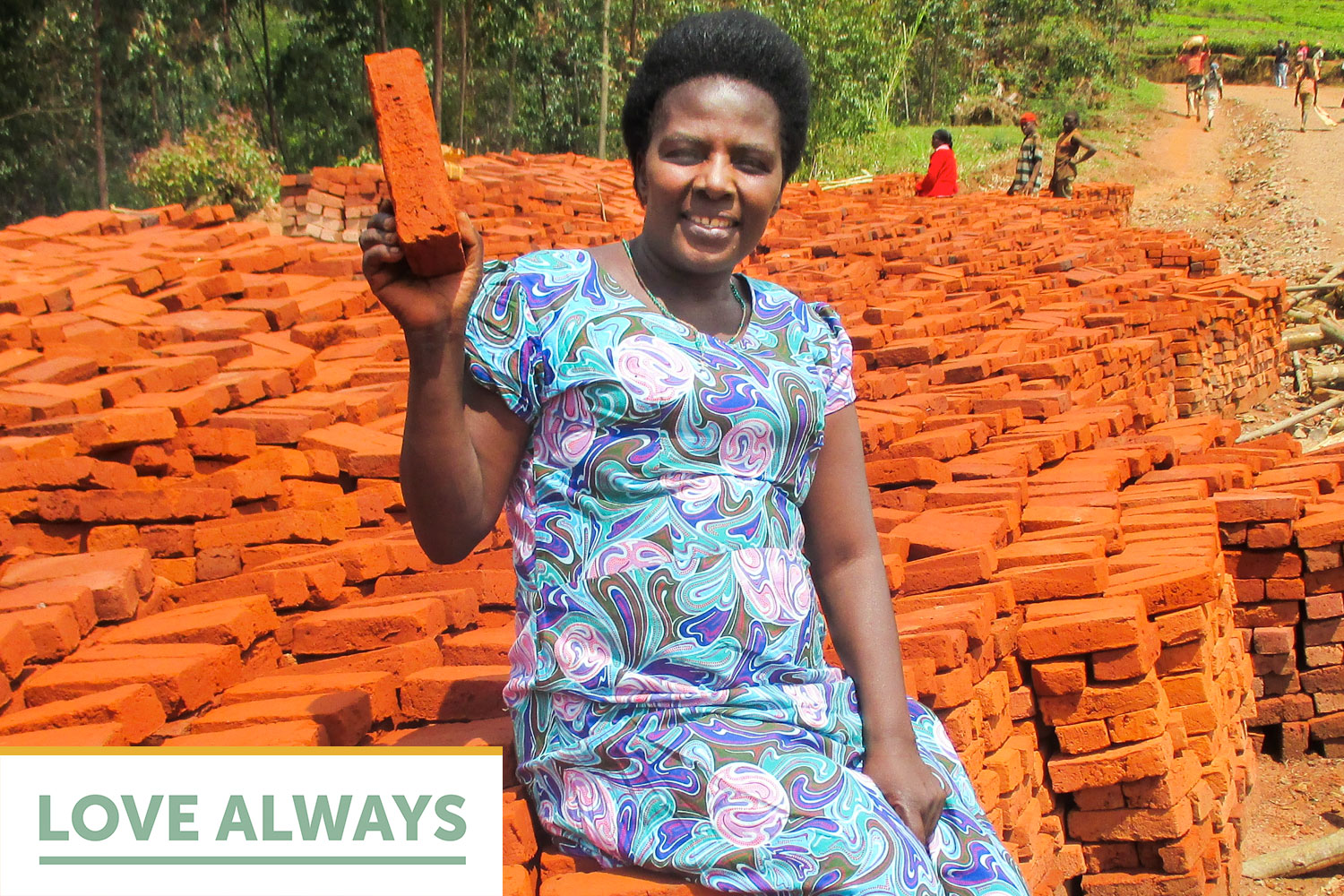“Before I was part of the savings group, I wasn’t smiling.”
Kerline Jean Louis’ small restaurant is located alongside the bustling highway in Haiti that connects her rural town of Jeanton II with the capital city of Port-au-Prince. The business is perfectly positioned to appeal to the hungry travelers riding the colorful taxis (known affectionately as tap taps), buses, and motorcycles passing by.
A true businesswoman, Kerline likes to adjust her menu according to customer preferences: “It’s really based on demand—some people like grits, some people like rice and beans,” she explains. But before joining a savings group last year, she didn’t have money to purchase the ingredients required to make her most popular dishes. Without reliable access to the necessary ingredients, her business position became precarious.
Then, Kerline’s landlord unexpectedly announced he’d be selling her home; if she wanted to stay there, she’d have to purchase it for the 25,000 gourdes ($388 USD) he was asking for it. As a widow and single mother of three, Kerline is the sole provider for her household. She already struggled to have enough to pay for food, school fees, and rent—there was no way she could afford to buy her home outright. Moving elsewhere offered challenges, too; her home is situated just across the street from her restaurant, and the thought of leaving a space that had been a source of comfort and stability following her husband’s death was difficult to consider.
Kerline and her children were facing the possibility of homelessness.

















